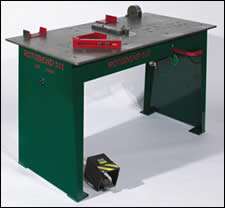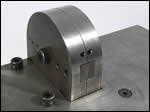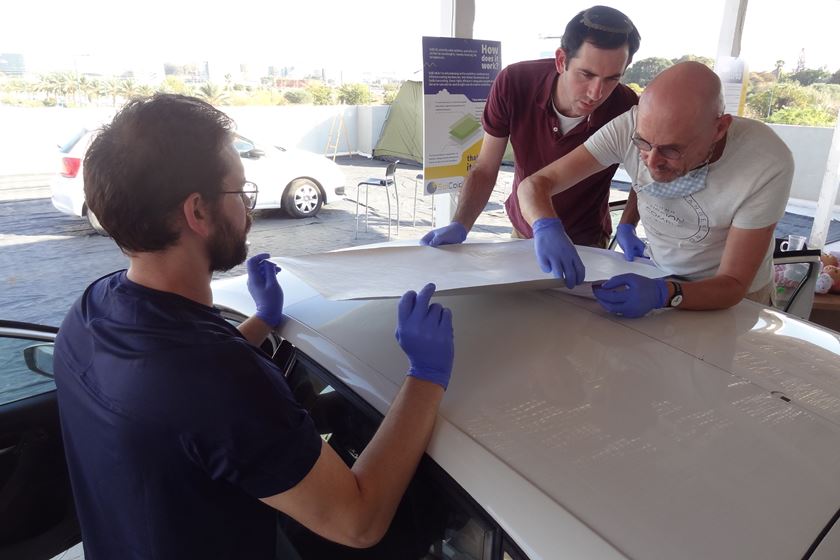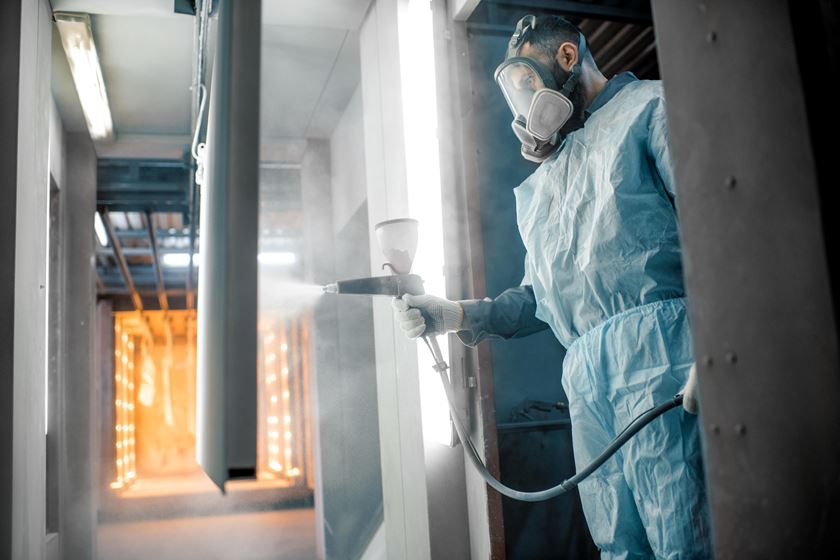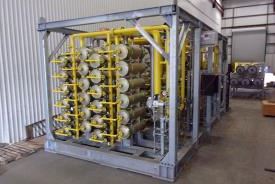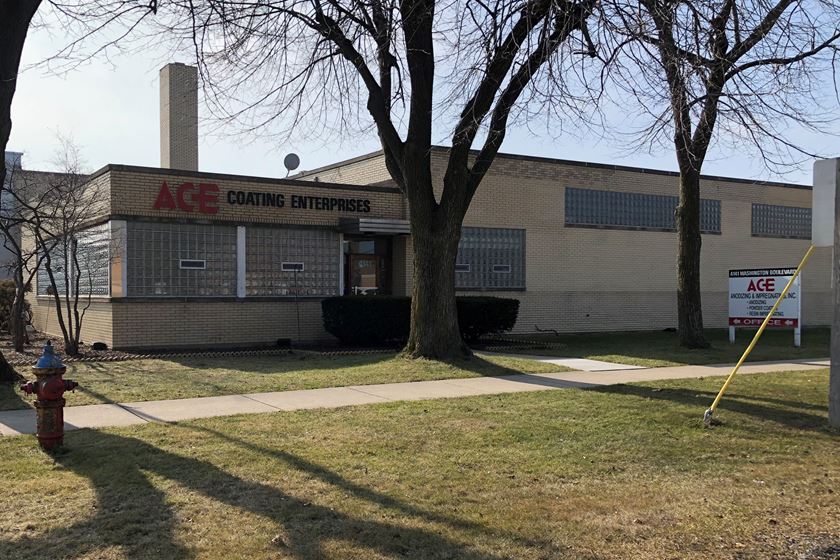Make Your Own Hooks and Racks
Wire bending machine may make it not only possible, but profitable
At a time when most companies are pushing more and more work to outside suppliers, why would finishers want to make their own hooks and fixtures?
Bob Foht of Mid-Minnesota Wire and Mfg. Inc., (MMW; Forest Lake) thinks his company has the answer.
Featured Content
“First, outsourced lead times on hooks and fixtures, particularly custom designed hooks, can sometimes turn into weeks,” he explains. “Coaters generally do not have the luxury of weeks but rather days.
“Second, parts density on a line equals profit for coaters. Often, ‘stock’ hooks do not permit maximum parts density because they weren’t designed for a specific part,” he continues. “By allowing coaters to design hooks and fixtures based on specific parts they are coating, our machine improves efficiency.”
Foht is referring to the RotoBend 312, a pneumatically controlled wire-bending machine that lets coaters design, prototype and manufacture custom hooks and fixtures in-house.
The machine can bend and form round and square stock up to 5/16-in. diameter and comes with four bending mandrels and stops. Equipped with three round bending mandrels, one square bending mandrel and stops, it can produce up to 500 parts per hour depending on part design, according to Foht.
“Reduced lead times and less dependence on outside sources are the obvious results,” he says. “There will be tangible savings on custom hooks, certain stock hooks and fixtures. For example, on a standard 10-in., 0.25-in. diameter ‘S’ hook, one can expect to pay approximately $0.25 each at the 500 quantity plus shipping when ordered from an outside source. If a coater makes the same hook using our machine, the cost would be approximately $0.18 each. This assumes a material rate of $0.50 per pound and a labor rate of $25 per hour with production of 300 hooks per hour.
According to Foht, raw materials for bending can be purchased in straight lengths up to 20 ft, although shorter lengths are easier to handle and store. Current prices for cold-rolled steel wire are under $0.50 per pound.
Foht says typical training times for both set up and operation of the machine average less than two hours. MMW provides a detailed user manual, and in-house maintenance and painting personnel are more than qualified to routinely use the machine, he adds.


